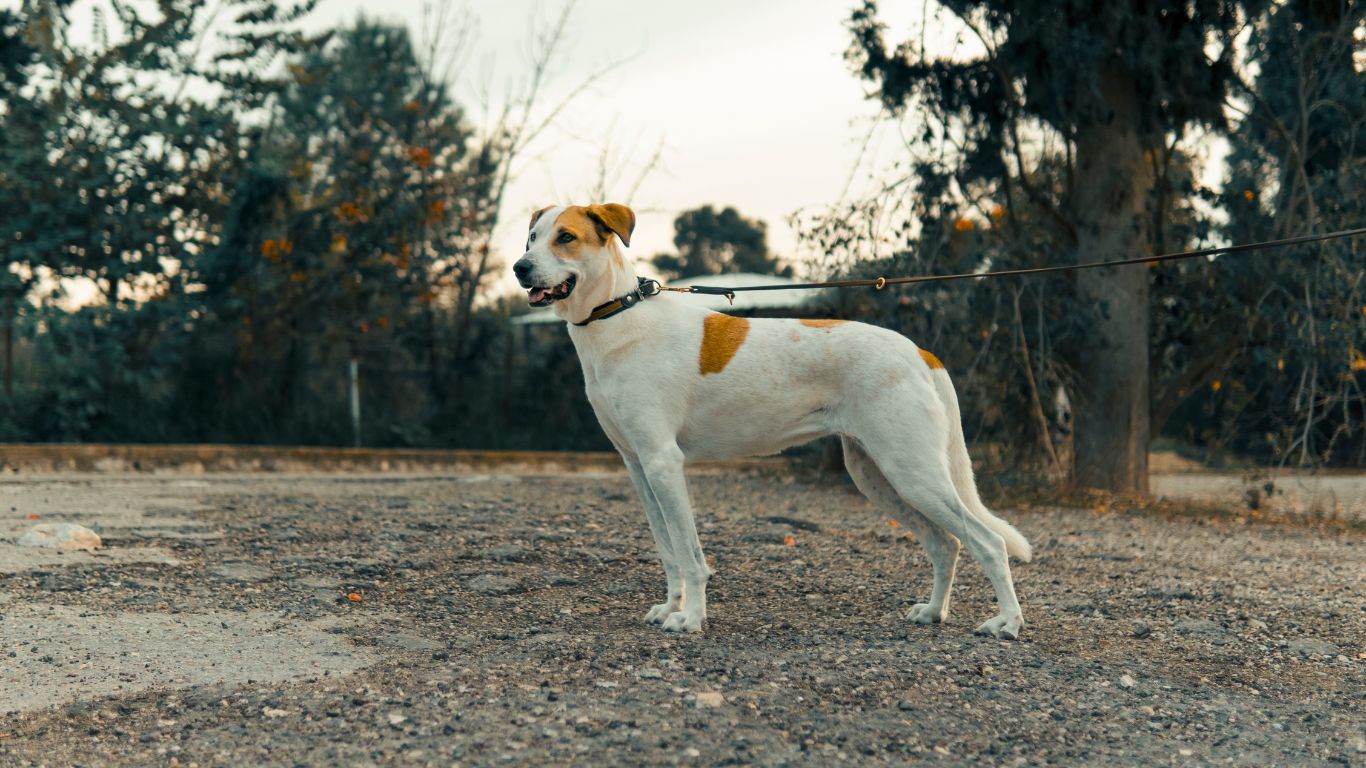Owning a dog comes with its fair share of joys and challenges. One of the unexpected challenges is when your beloved furry friend, who normally exhibits love and loyalty, unexpectedly ends the life of a small animal, like a rabbit. This situation can be distressing for both the dog owner and the dog itself. Understanding how to handle this situation is crucial to ensure the well-being of your dog, your peace of mind, and the wildlife around your home.
Assess the Situation
1: Evaluating the Incident
It’s essential to assess the situation objectively. Determine whether the event was an accident, instinctual behavior, or an intentional act of aggression. This evaluation will guide your subsequent actions.
2: Was it Instinct or Aggression?
Understanding the motivation behind your dog’s actions is key. Dogs have a natural prey drive, which might lead them to chase and catch small animals. Distinguishing between instinctual behavior and aggressive intent is vital for deciding the appropriate course of action.
Immediate Steps to Take
1: Ensuring Safety
First and first, it is imperative that all individuals involved be kept safe. If your dog is near the rabbit, secure your dog on a leash to prevent further harm to wildlife.
2: Checking for Injuries
Carefully examine your dog for any injuries sustained during the incident. Scratches, bites, or wounds from the rabbit could pose health risks if left untreated.
3: Handling the Rabbit
If the rabbit is still alive, assess its condition. If it’s injured but has a chance of survival, consider contacting a local wildlife rehabilitation center for guidance.
Addressing Your Dog’s Behavior
Training and Behavior Modification
You should address your dog’s behavior depending on the circumstances. To better understand and control your dog’s prey drive, it is recommended that you seek the assistance of a qualified dog trainer. Training and behavior modification can prevent similar incidents in the future.
Positive Reinforcement
Use positive reinforcement to redirect your dog’s attention away from chasing smaller animals. Reward your dog when it listens to your commands and exhibits desired behavior.
Preventing Future Incidents
1: Supervision and Control
When outdoors, always supervise your dog. Use a leash to maintain control, especially in areas where wildlife is abundant.
2: Secure Your Yard
Make sure your yard is adequately fenced in so that your dog won’t be able to escape and get into trouble with the local fauna. This protects both your dog and the local animals.
Understanding Legal and Ethical Considerations
Local Laws and Regulations
Familiarize yourself with local laws and regulations regarding dogs and wildlife. Some areas might have specific guidelines for handling such situations.
Wildlife Conservation
Respect the importance of wildlife conservation. Being a responsible dog owner includes minimizing the impact of your pet on local ecosystems.
Coping with Emotions
Dealing with Guilt
As a dog owner, feelings of guilt might arise. Remember that dogs act on instinct, and accidents happen. Focus on taking positive steps moving forward.
Seeking Support
If you’re struggling emotionally, don’t hesitate to seek support from friends, family, or even professional counselors who understand the bond between humans and their pets.
Conclusion
In the aftermath of your dog killing a rabbit, it’s essential to approach the situation with a mix of understanding, responsibility, and empathy. By taking immediate steps to ensure safety, addressing your dog’s behavior, and preventing future incidents, you can navigate this challenging situation while fostering a harmonious relationship between your dog and the wildlife around you.
FAQs:
Q1: Why do dogs chase rabbits?
Dogs have an innate prey drive, which is a result of their evolutionary history as hunters.
Q2: Should I punish my dog for chasing the rabbit?
No, punishment may not be effective and could harm your relationship with your dog. Focus on positive reinforcement and training instead.
Q3: Can training completely eliminate my dog’s prey drive?
While training can help manage the behavior, completely eliminating the prey drive might be unrealistic.
Q4: Can witnessing such an event traumatize my dog?
Dogs may not experience trauma like humans do, but they might display behavioral changes. Consult a veterinarian if you’re concerned.
Q5: Why is wildlife conservation important in this context?
Responsible pet ownership extends to preserving local wildlife’s natural balance and well-being.
